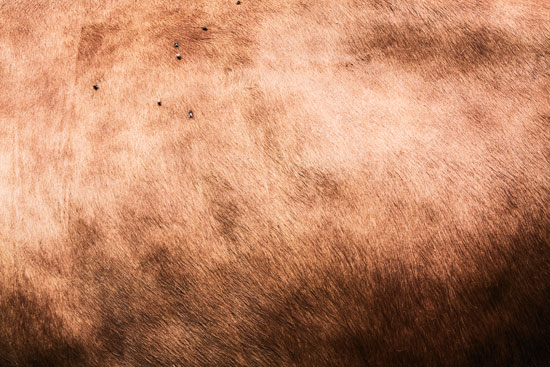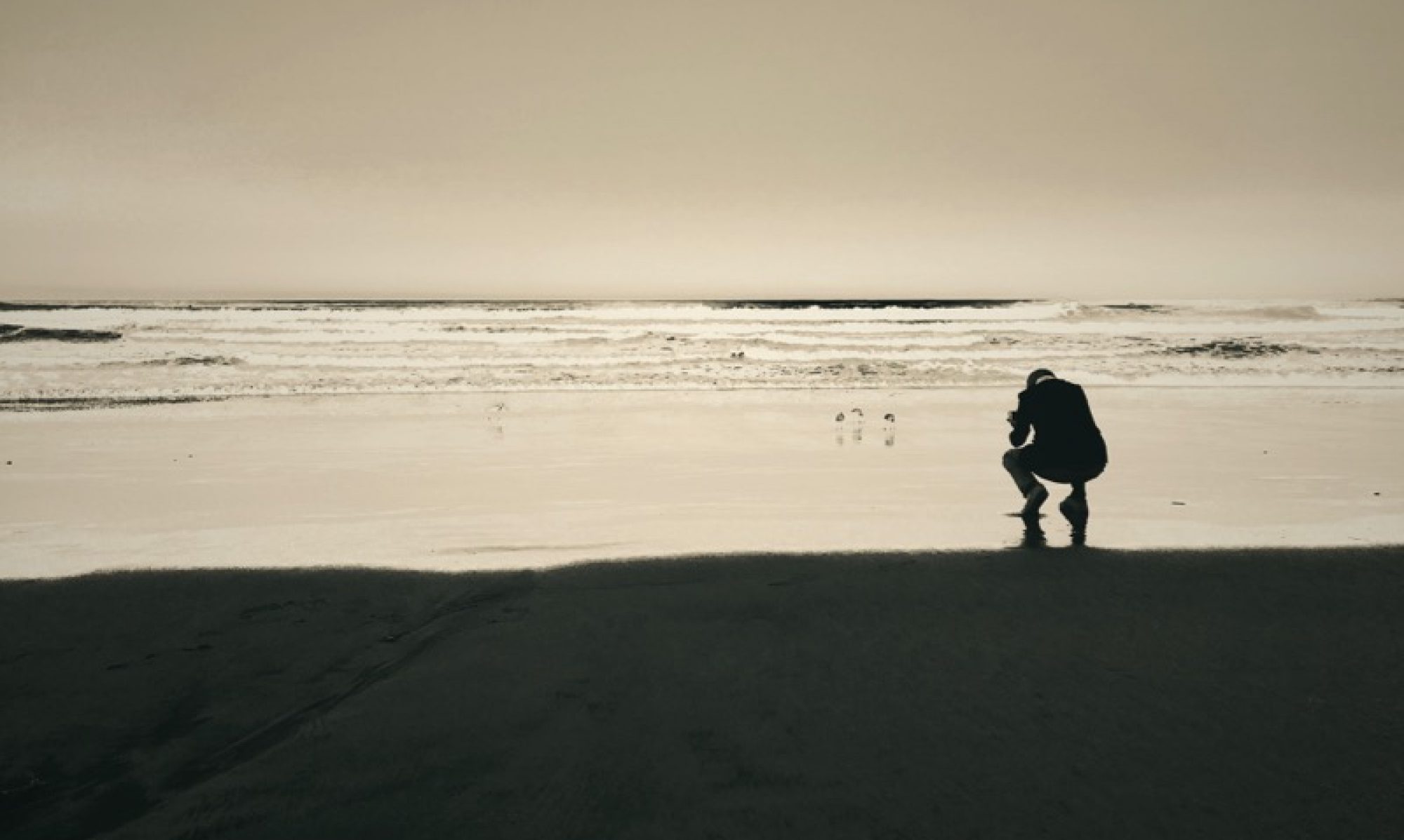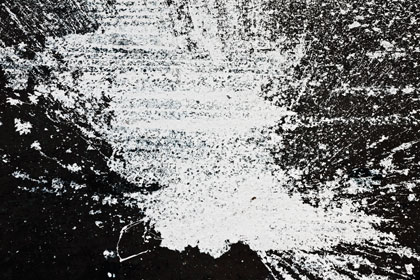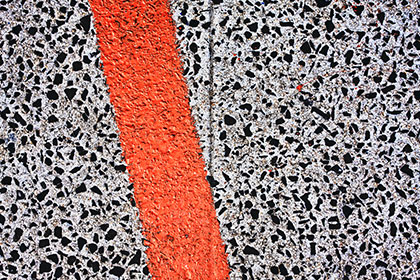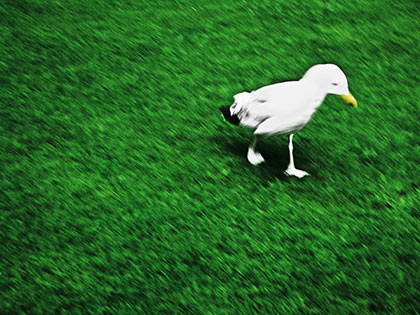Right before I left Manhattan for my European summer, I saw Dr. Hare in her Upper East Side office, and when I left made some bad joke about the tribal pressures to fit the stereotype of the lost but curious artist, “of having started to make photographs of myself to understand my own history, my own place in the world better” – I’m sure you know that very deep art talk well. Of course, Dr. Hare saw right through my pretense, and this morning I received the following message from her (with my response to her below it):
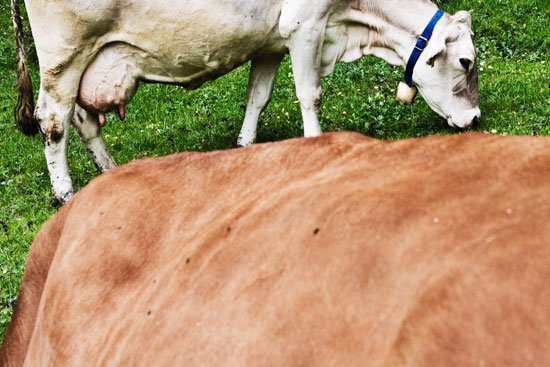
“Dear Jens,
thank you for your note from Italy, it was good to hear from you. I actually put some thought into your case (if you allow this impersonal formulation) since our last session. Two things have become clear to me. First, that you are not putting everything on the table in our conversations – surely not when it comes to talking about your childhood. Second, that your photographic projects have always been personal, but maybe, as a sign of progression in your self-understanding, should become even more personal. One way or another, I have come to the following conclusion: your next – and I dare to say, your defining – photographic project should be a biographical project. You have given away too little from your past for me to make any more definite suggestions, and of course I know that this is anyway not the role of the therapist (though I admit that I am tempted, I’ve always loved the creation of images). Could you go back to the places and the people of your childhood? Why not read the essence of your life from the faces of those who raised you? Or rather, from the pictures you would take of them? From how I know you, this may be the roundabout route that you need. Clarity will not come from therapeutic conversations. It will have to be an artistic process, since this is the medium in which I sincerely think that you will eventually face the issues that matter to you most.
Don’t be out of touch again for so long, it is important for you to pursue this. And think about my ideas. I look forward to touching base again, and to seeing you in our much-loved Manhattan.
Take care of yourself,
Dr. Hare”
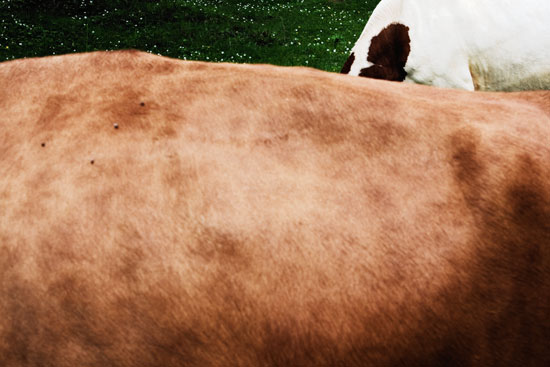
“Dear Dr. Hare,
you know that few things make me happier than receiving mail from you, and in particular, mail in which you – as you so rarely do – leave the confines of your role as therapist, and talk to me as you did in your last email. It seems very possible that you are right, I should go and photograph the people who shaped my life, and I should read from their faces. I’m not yet sure that I can get myself to do so. The mountains, where I am right now, are interlocutors of a different kind (I know what you will say, they don’t talk back to me and they really aren’t interlocutors – that’s true and not true, but I won’t get into this).
I feel that I am at a turning point in my life and that I need some more weeks here in Italy before I fully turn to thinking about the issues that you address. But be assured, every word of yours sinks into my heart.
Do take care of yourself too,
Jens”
